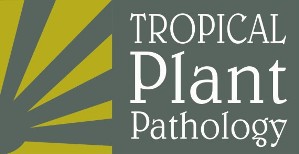Phytoplasmas can cause yield losses in numerous crops worldwide. In Brazil, phytoplasmal diseases have been reported in plant species, distributed among 29 botanical families. Chayote witches'-broom (ChWB) is reported as one of the diseases of economic importance, associated with phytoplasma in the country, and bitter melon is a natural alternative host of the phytoplasma associated with the disease. Periwinkle is an ornamental plant that can naturally host phytoplasmas. An attempt to detect phytoplasma in desiccated leaf tissues collected from naturally diseased chayote, bitter melon and periwinkle plants was made. On the basis of phytoplasma-specific DNA amplification in PCR, phytoplasma was detected in desiccated chayote and bitter melon samples affected by witches'-broom, as well as in desiccated periwinkle exhibiting chlorosis and small leaves. DNA extraction was achieved using 0.25 g and 0.5 g of bitter melon and periwinkle dessicated tissue. These results encourage trials in utilizing dried plant tissues for the detection of phytoplasmas in other plant species, since dried samples are easy to preserve and transport, and yield good amounts of DNA.
bitter melon; periwinkle; chayote; DNA; witches'-broom


